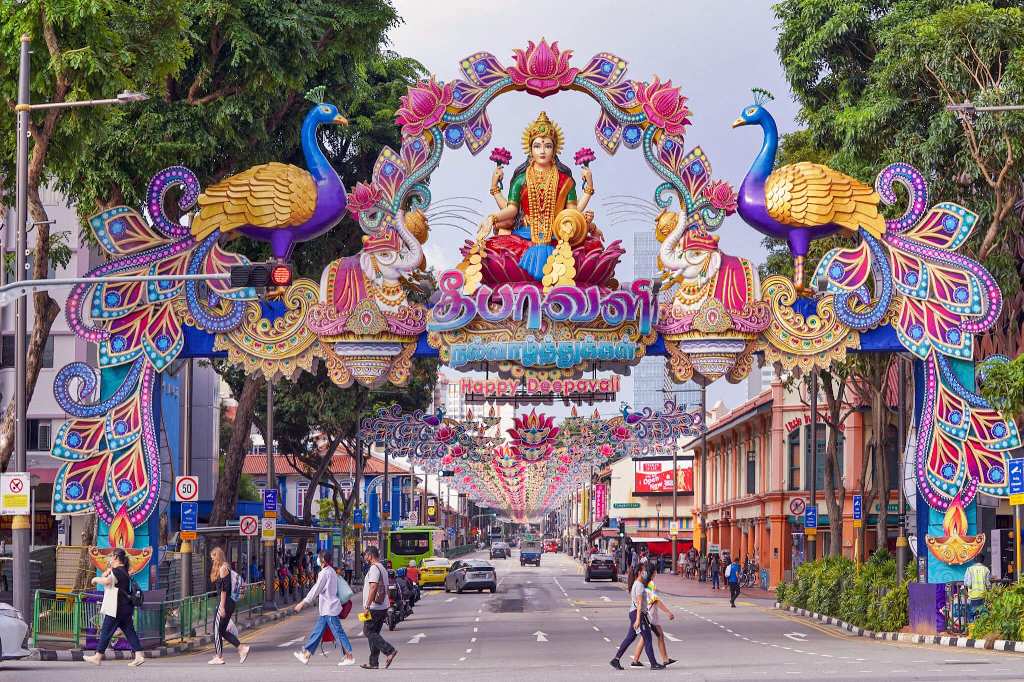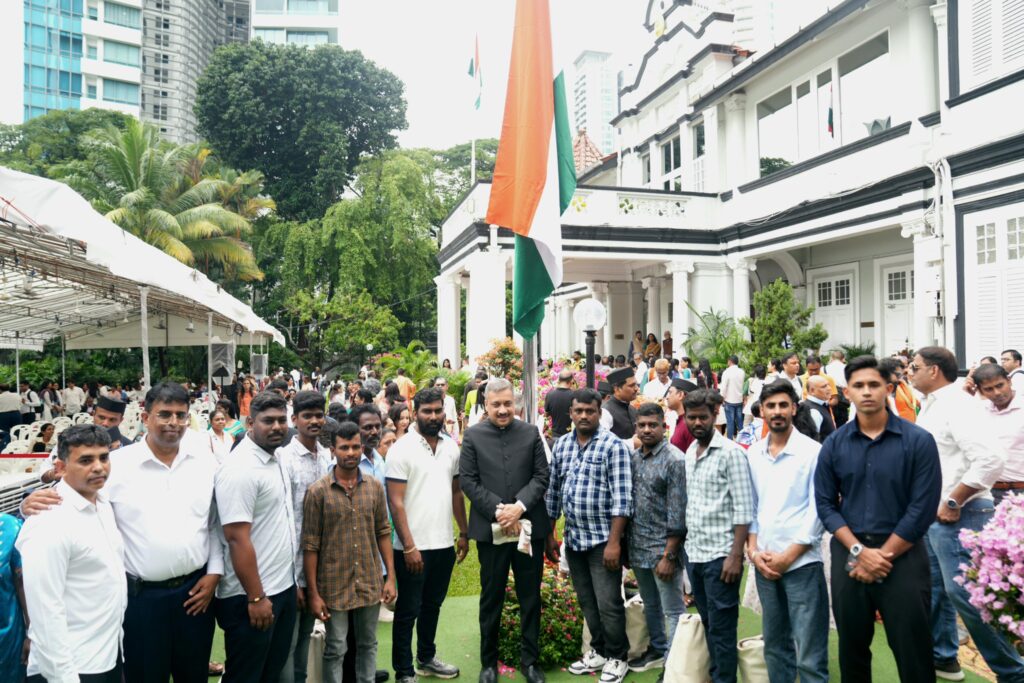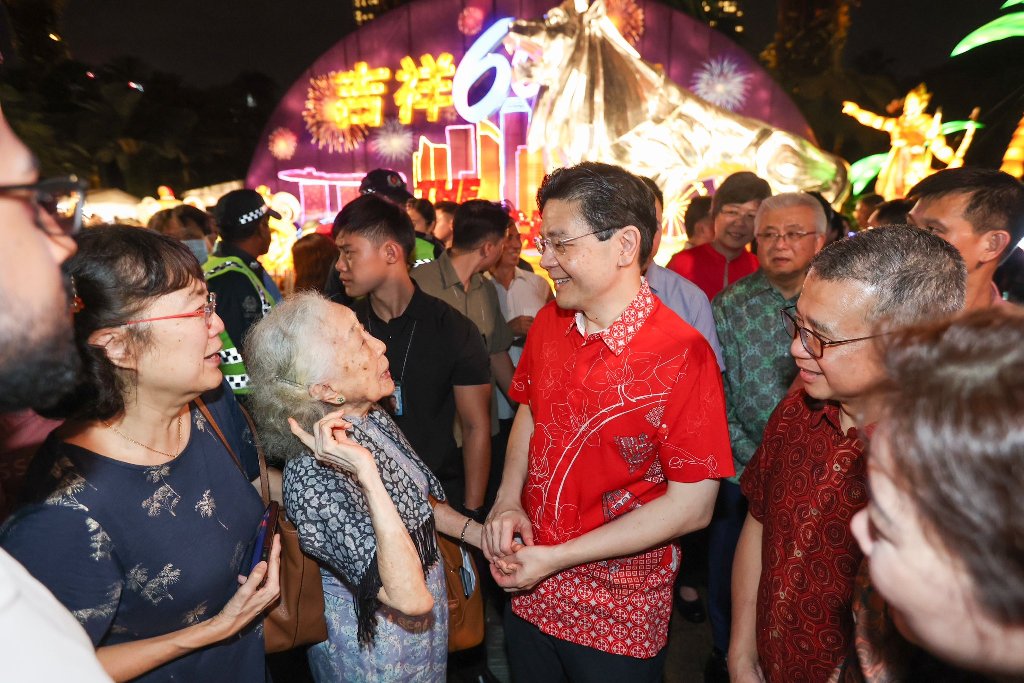Indians in Singapore attach strong importance to nationality, race, and languages in defining their identity, according to a new study.

The study, titled ‘Religious Identity and Practice among Singaporeans’, forms part of the Institute of Policy Studies (IPS) Survey on Race, Religion, and Language 2024 and is based on responses from a nationally representative sample of 4,000 residents, local weekly Tabla! reported on Friday, August 22.
The study highlighted the multiple dimensions – nationality, language, and religion – that shape Singaporeans’ self-perception, with clear differences across racial groups.
Among Indian respondents, nationality emerged as the strongest identity marker with 50.1 percent describing being Singaporean as “very important” to their overall sense of self.
This was significantly higher than the Chinese (37.8 percent) and respondents categorised as Others (38.2 percent).
Chinese accounts for 75 percent of the six plus million population in the city-state, followed by 15 percent Malays and others, while Indians account for 7 plus percent population in Singapore.

When asked to choose the single most important aspect of their identity, 30.3 per cent of Indians selected nationality, followed by race at 19.9 percent.
Researchers noted that while nationality was also the top identity marker for Chinese respondents, the attachment was far stronger among minorities such as Indians and Malays.
This, they said, suggests that nationality carries additional weight for minorities in affirming inclusion within Singapore’s broader social fabric.
The IPS survey also revealed sharp contrasts in the role of race in identity formation. While only 19.1 percent of Chinese considered race “very important”, the figures were 30.4 percent for Indians and 37.6 percent for Malays.
Language played an equally defining role for Indians with 36.3 percent saying their official mother tongue was “very important” to their identity — the highest across racial groups, followed by Malays (34.9 percent). Only 18.7 percent of Chinese respondents felt the same.
The attachment was even stronger when it came to daily spoken language, with 40.9 percent of Indians describing it as “very important”, compared to 37.9 percent among Malays and 22.2 percent among Chinese.
Researchers said this underlined the role of language as both a cultural marker and lived experience, particularly in the linguistically diverse Indian community.

While the study, released on Aug 20, focused on religion, its findings on race and nationality confirm earlier IPS studies showing that minorities often hold multiple aspects of identity together – ethnicity, language, and national belonging.
Across the population, religion itself has grown in importance. About 80 percent of Singaporeans say they identify with a religion, with increasing numbers turning to personal practices like meditation and online religious media.
For Indians, who follow diverse religions, including Hinduism, Islam and Christianity, this adds another layer of identity. However, the IPS report found nationality and language to be particularly strong anchors.
The report, authored by Dr Mathew Mathews, Dr Teo Kay Key, Izzul Haziq Murad, and Dr Melvin Tay, observed that these identity attachments among minorities highlight Singapore’s multicultural ethos.
“Minority respondents were more likely to consider their race, official mother tongue, most frequently used language, and Singapore to be very important to their overall sense of identity,” the authors were quoted as saying by Tabla!
They added that such findings reinforce the need to maintain inclusive national policies that respect cultural diversity while strengthening a shared sense of nationhood.


